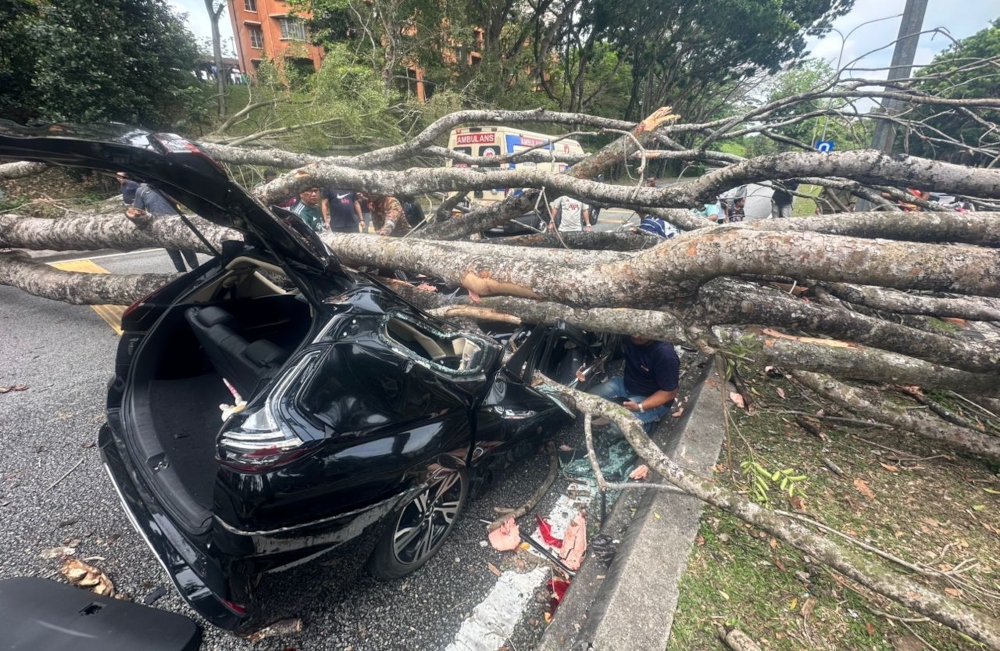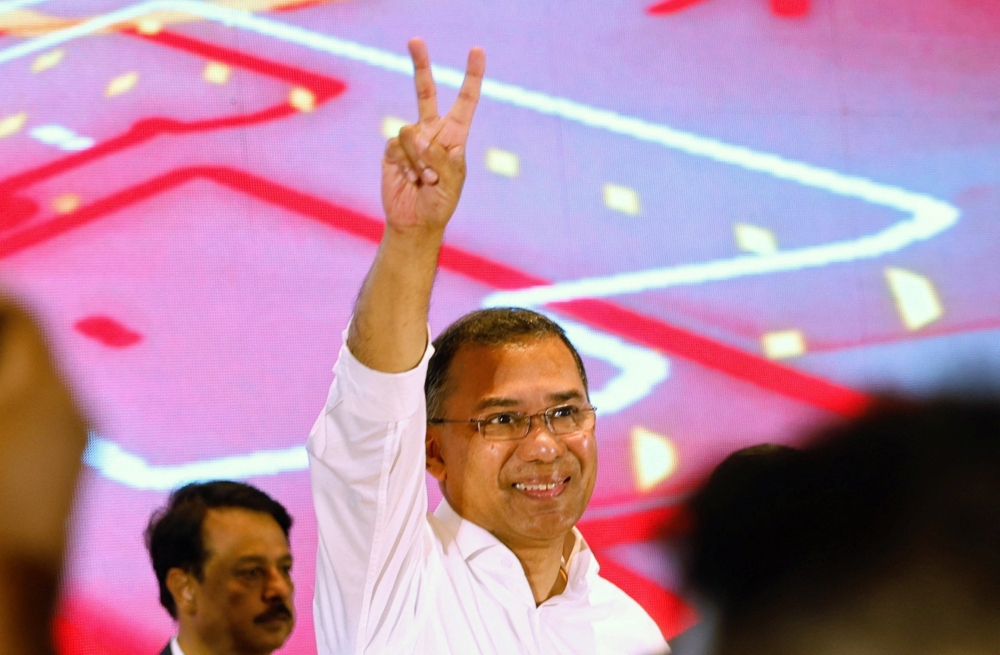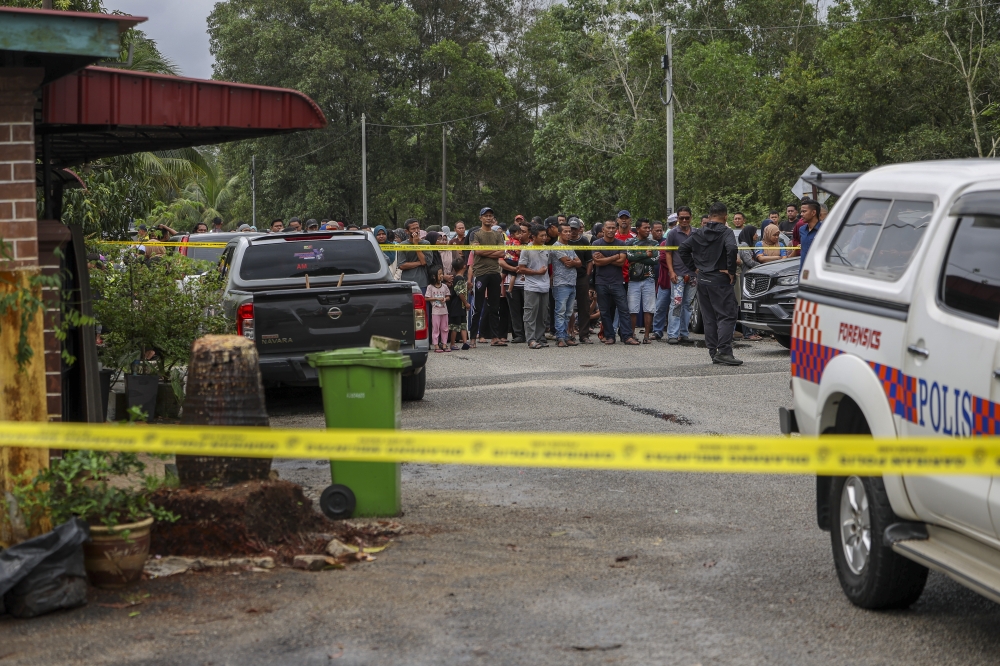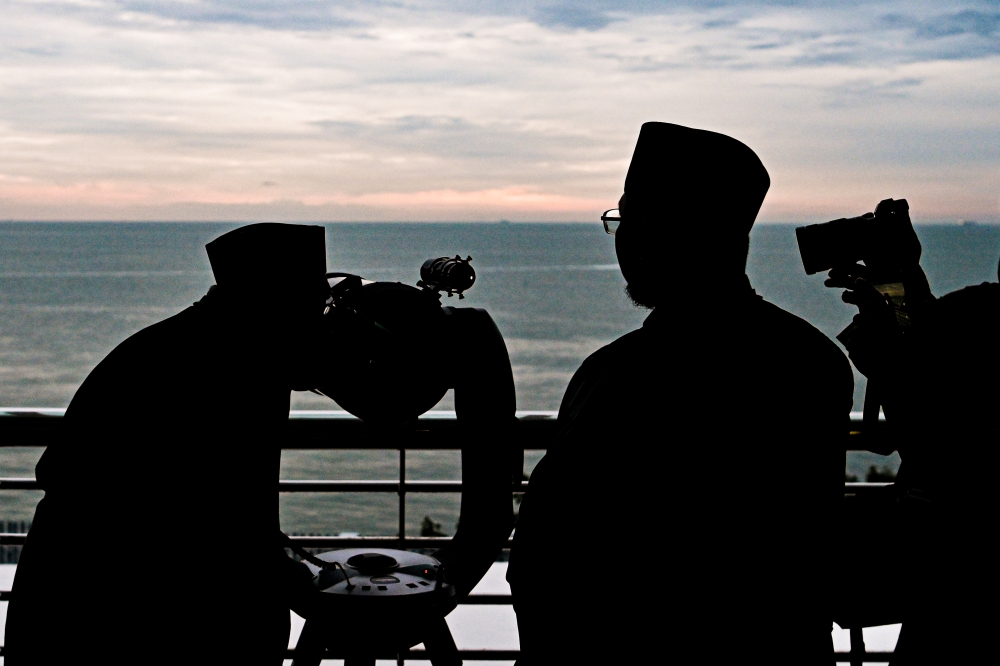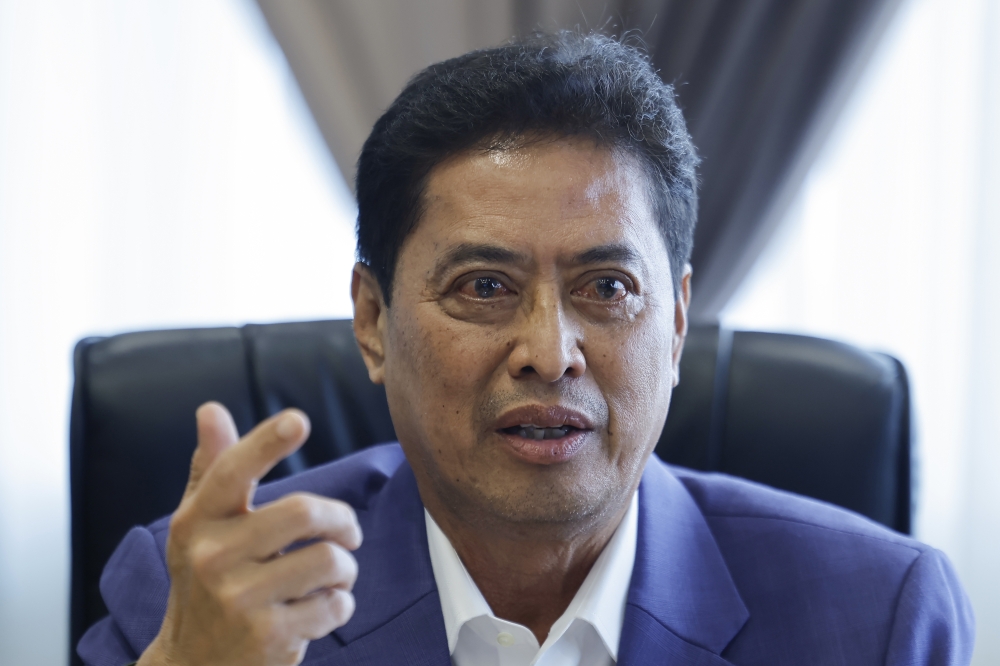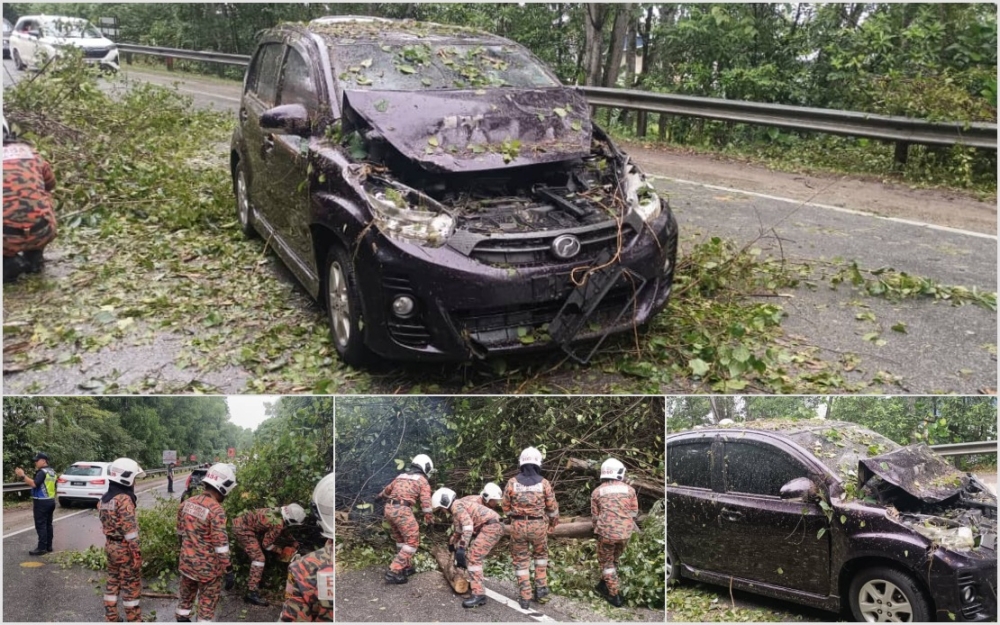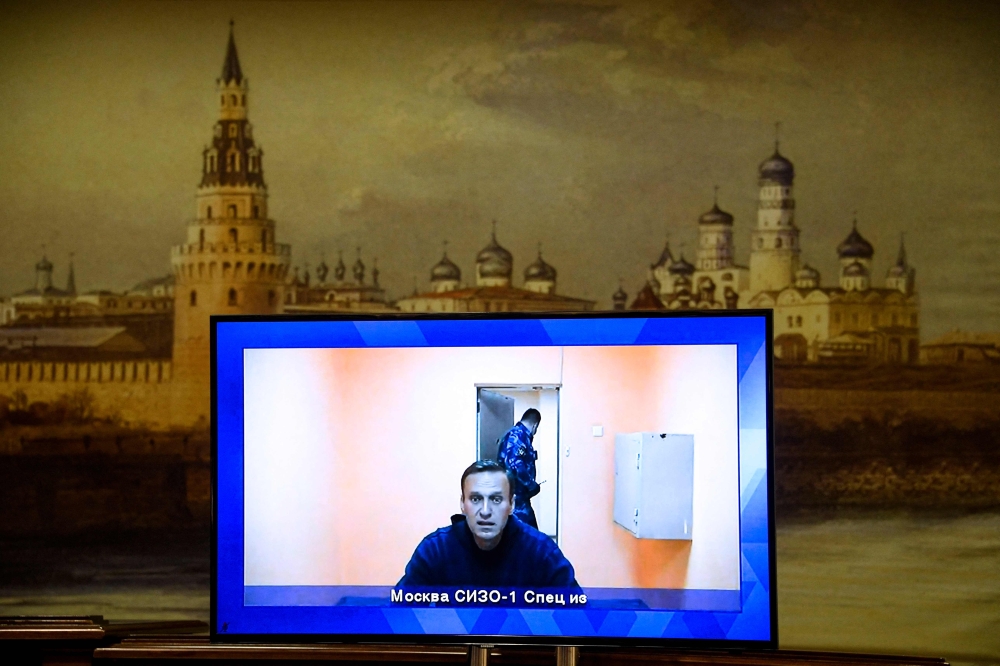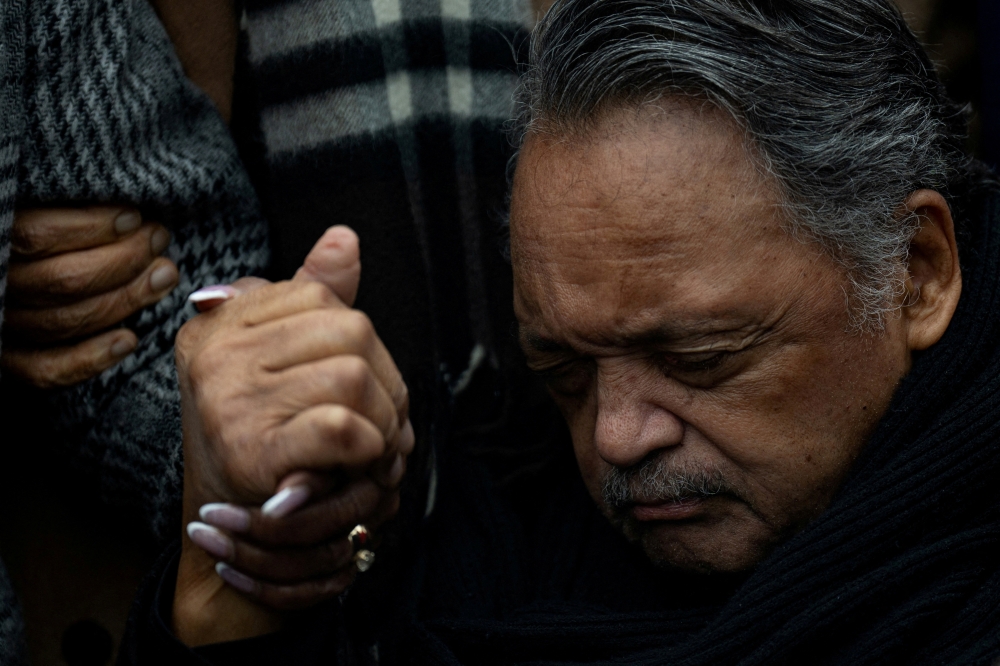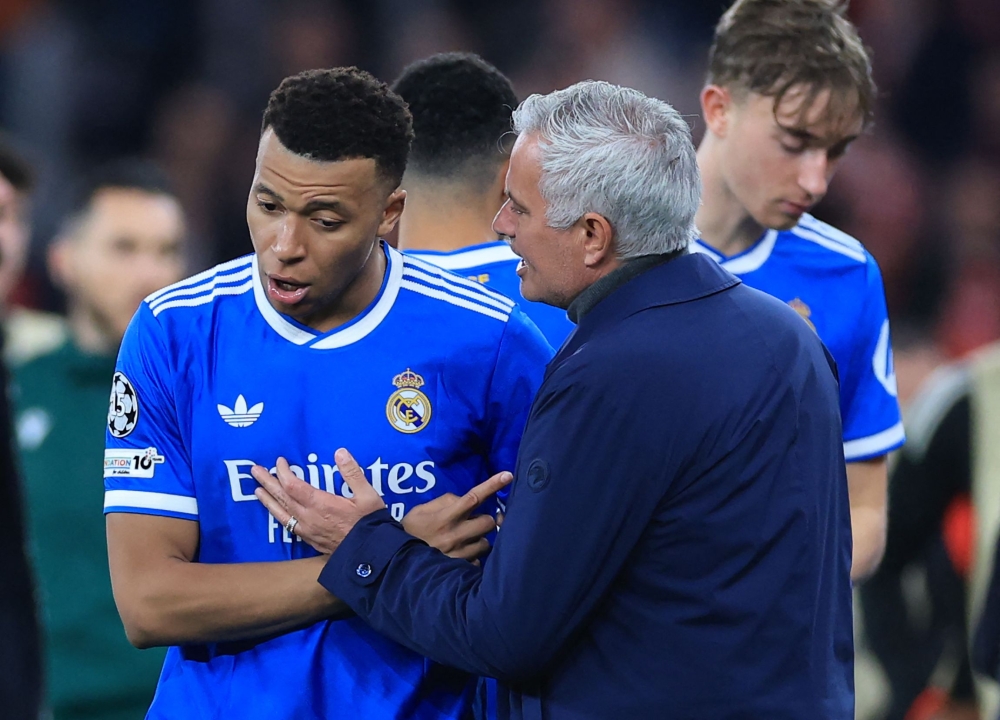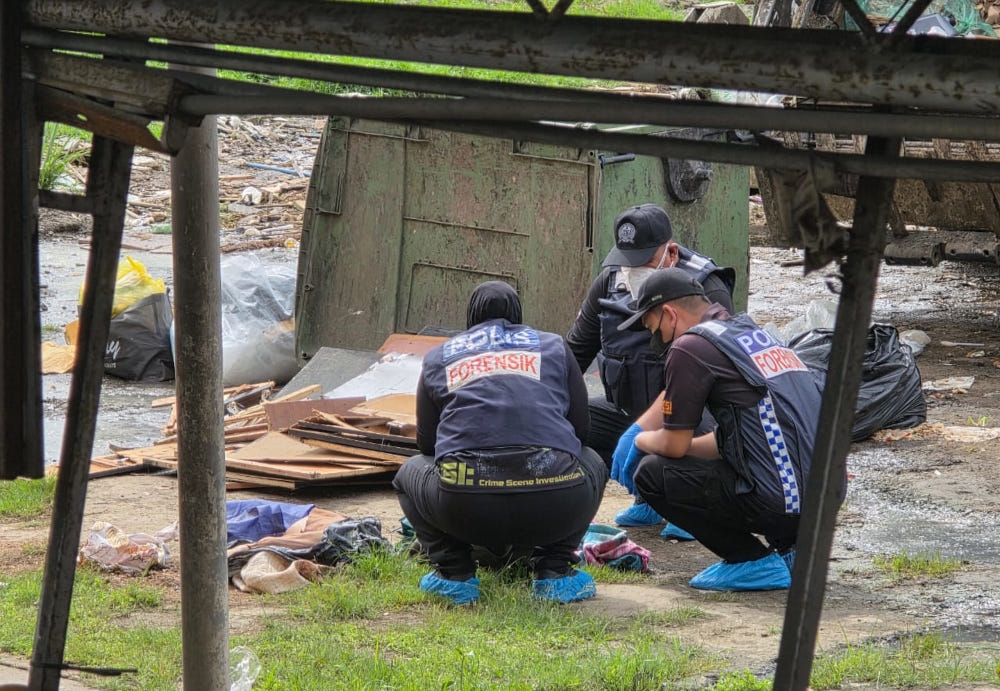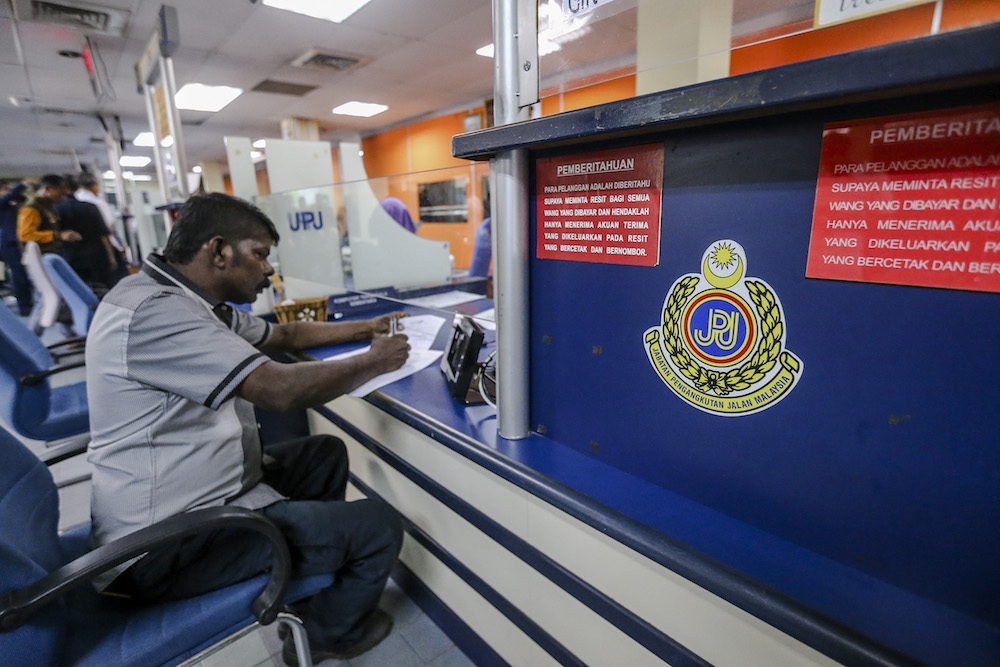MADRID, June 2 — La Liga president Javier Tebas said Spanish football’s return will allow people to feel a sense of normality again but it may also serve as a reminder of an uncomfortable new reality.
Spain’s top division is set to restart on June 11 and to be completed on July 19, yet the expectation is players will be subjected to safety protocol for several months and stadiums will not be full again until next year.
In the short-term at least, its reemergence could offer some comfort. “There is no doubt the resumption of football will contribute to a general sense of relief among certain groups of people, who have been struggling with the pandemic,” David Moscoso, a specialist in sports sociology, told AFP.
“The return of football is a sign that society is progressing to the new normal,” agreed Tebas earlier this month, adding “it will restore a part of life that people in Spain know and love.”
Spain has managed to bring the number of infections under control in recent weeks, with the government reporting no deaths from coronavirus yesterday for the first time since the beginning of March.
But with more than 27,000 confirmed fatalities, the country has been one of the worst-hit in the world and it is no surprise the approach to football’s return has been cautious and the attitude of some fearful.
“It is possible that by losing the passion and intensity, which is really the essence of football, it will also lose that emotional centre that is the hook for so many people,” said psychologist Adelaida Navaridas.
Many are adamant that, without fans, the campaign should not resume at all.
“We understand we cannot go to the stadium due to the risk of infection,” said Joseba Combarro, president of the Eskozia La Brava, the most significant supporters’ club at Eibar, whose squad members have expressed reservations about playing too soon.
“But the players share the same risk as the fans, the risk is for everyone. The league should be suspended.”
‘Social heart’
It is not only the atmosphere inside stadiums that will be lost.
“The social heart of football comes from people getting ready for the game with friends, with family, and then staying together afterwards. All that is broken,” adds Guillermo Fouce, a professor of psychology at Madrid’s Complutense University.
“But between having it back at 100 per cent or nothing at all is something in between that helps us to adapt. I think it’s still better to move closer to what was normal before.”
La Liga have been eager to point to the economic benefits too, for people’s jobs and livelihoods.
“Football’s return means the revival of a very relevant economic sector,” said Tebas.
“It contributes 1.37 per cent of GDP and generates 185,000 jobs at a time when the economic situation is already the main concern.”
“It is the primary service export industry in our country,” adds Moscoso. “Its economic role is self-evident.”
Television companies like Movistar, the biggest broadcaster of games in Spain, have also been promoting the idea that football’s revival amounts to progress.
Every Sunday night this month, Movistar has hosted a programme called Volver Es Ganar, “To Return is To Win”, a slogan that has also been carried by players and clubs alike.
First and foremost, the game is coming back because of its own financial needs, with Tebas admitting clubs stood to lose around €1 billion (RM4.8 billion) if the season was cancelled.
Fans will have football again but, for a while at least, in a very different way to before.
“Perhaps we have to consider that our new normal is going to be different,” Fouce said. “That nothing is going to be exactly the same as before.” — AFP

